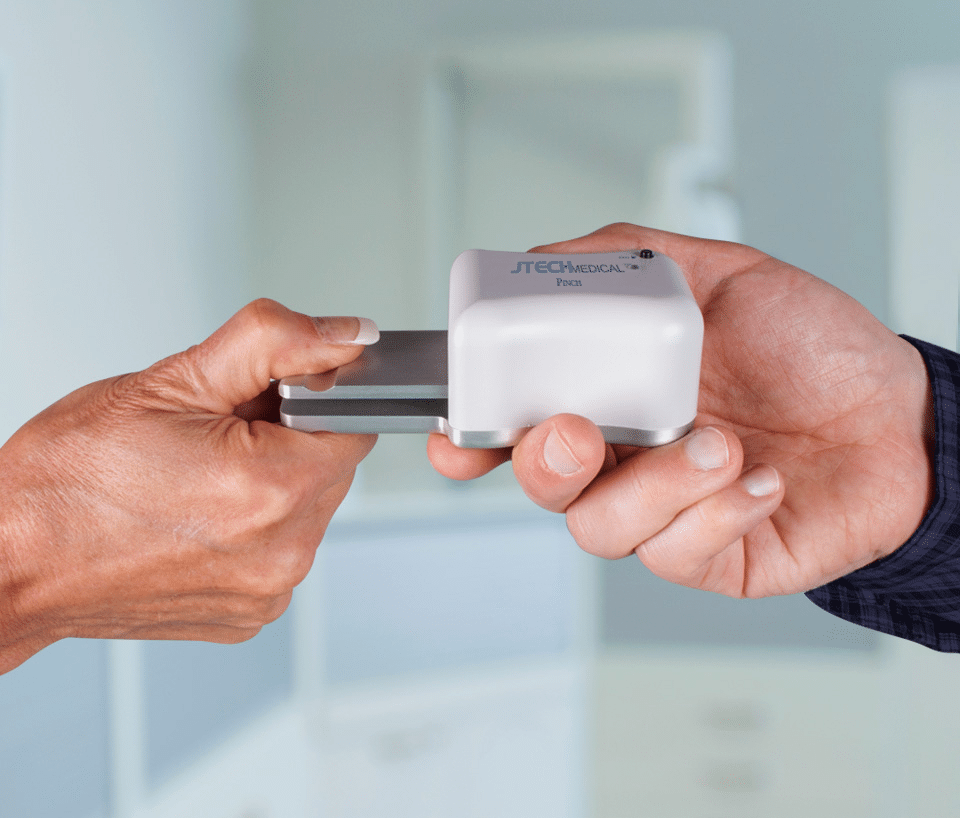Why Do We Perform Pinch Tests?

Pinch tests are a fundamental assessment tool used in physical therapy, occupational therapy, sports medicine, and various healthcare practices. These tests evaluate the strength and functionality of the hand and fingers, providing critical insights into a patient’s musculoskeletal health. But why are pinch tests so important, and what do they reveal? Let’s explore their purpose and value in healthcare settings.
Understanding Pinch Tests
A pinch test measures the force exerted when a person uses their thumb and fingers to grasp or pinch an object. The most common types of pinch tests include:
1. Lateral Pinch (Key Pinch): Measures the strength of the thumb against the side of the index finger, simulating a key-holding motion.
2. Three-Jaw Chuck (Tripod Pinch): Evaluates strength when the thumb opposes the index and middle fingers, often used in writing or holding small objects.
3. Tip Pinch: Tests the force between the thumb and the tip of another finger, crucial for precision tasks.
Using specialized devices such as digital pinch meters, clinicians can quantify pinch strength with accuracy and repeatability.
Why Are Pinch Tests Performed?
1. Diagnosing Injuries and Conditions
Pinch tests help identify musculoskeletal or neurological conditions affecting hand strength, such as carpal tunnel syndrome, arthritis, or nerve damage. Uneven pinch strength between hands or fingers can indicate localized injuries or systemic conditions.
2. Monitoring Rehabilitation Progress
For patients recovering from hand injuries or surgeries, pinch tests provide measurable data to track recovery. Improvements in pinch strength often reflect the success of therapeutic interventions and adherence to exercise protocols.
3. Evaluating Functional Capacity
Pinch strength is a key factor in determining a person’s ability to perform daily tasks, such as writing, cooking, or handling tools. Functional assessments often include pinch tests to gauge a patient’s readiness to return to work or normal activities.
4. Designing Personalized Treatment Plans
Data from pinch tests allows clinicians to identify specific areas of weakness and tailor therapy programs. Targeted exercises can be prescribed to enhance pinch strength, improving overall hand function.
Applications Across Healthcare Fields
1. Occupational Therapy
Occupational therapists use pinch tests to evaluate hand function and create interventions to restore or enhance grip strength for everyday activities.
2. Sports Medicine
Athletes in sports requiring precision and hand strength—like rock climbing or tennis—benefit from pinch strength assessments to optimize performance and prevent injuries.
3. Workplace Ergonomics
In ergonomics, pinch tests are performed to determine if an individual has the strength required for specific job tasks, such as operating machinery or assembling small components.
The Technology Behind Modern Pinch Testing
Advanced pinch testing devices, such as the JTECH Medical™ Pinch Tester digital pinch meter, have revolutionized hand strength assessment. These tools provide accurate and reproducible measurements, enabling clinicians to monitor even subtle changes in strength. the JTECH Medical Pinch Tester integrates with Northstar software to store and analyze data, further streamlining patient care and documentation.
Conclusion
Pinch tests play a vital role in evaluating hand strength, diagnosing conditions, guiding treatment, and monitoring rehabilitation. By quantifying a seemingly simple motion, these tests provide profound insights into a person’s functional capabilities and overall health.
Whether you’re recovering from an injury, improving your performance, or addressing chronic conditions, pinch tests are a powerful tool to measure progress and achieve better outcomes.
For more information about functional assessment tools and innovative solutions for healthcare, visit our website.
